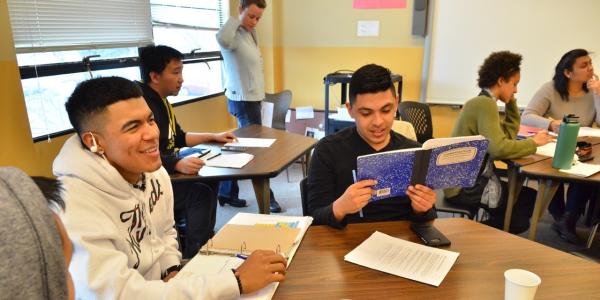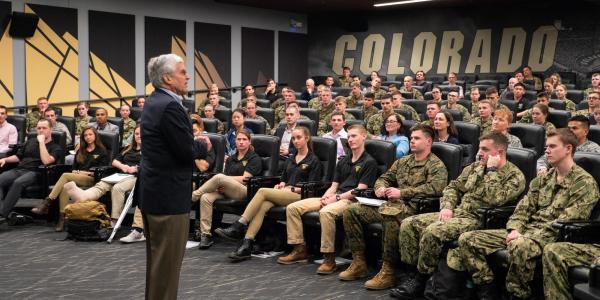The Office of Undergraduate Education (OUE) oversees the academic undergraduate experience at CU Boulder, provides extraordinary educational experiences, serves exploring students and collaborates with a variety of units to ensure that students have access to the resources they need to succeed.











